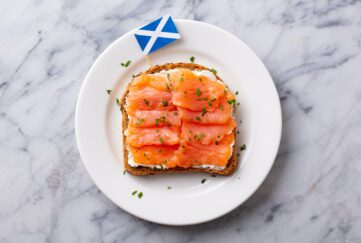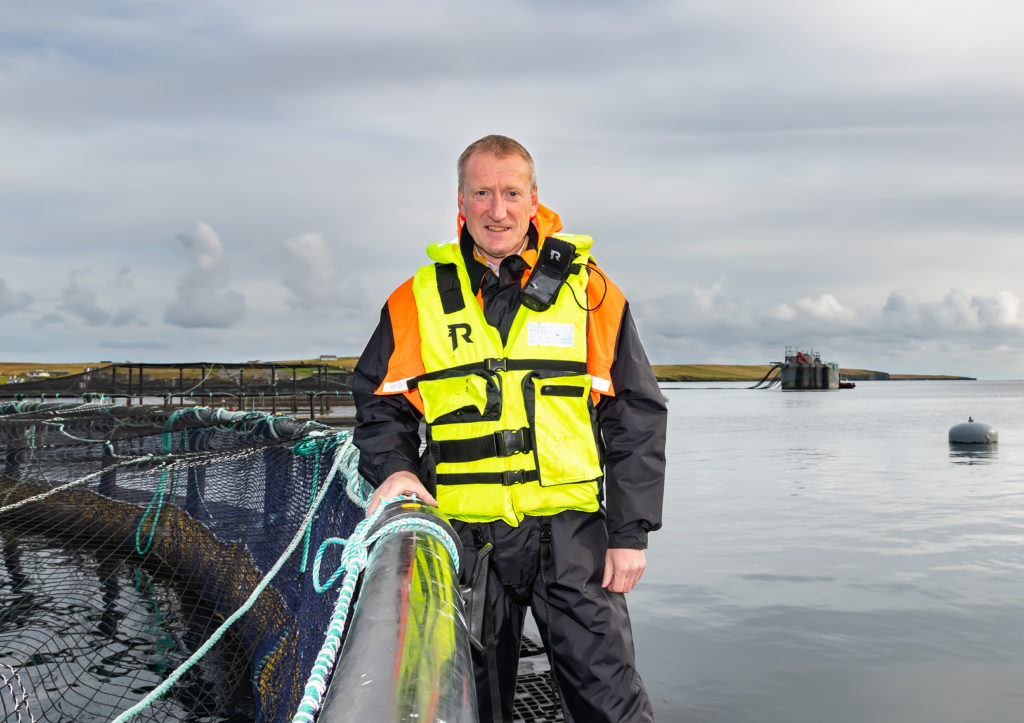What’s in a name? Rather more, as from today

Scotland’s fish farmers have succeeded in their bid to strengthen the rules over what is allowed to be called “Scottish salmon”.
The UK Government has agreed to amend the “protected geographical indication” (PGI) for “Scottish farmed salmon” to “Scottish salmon”. This means that any product described in this way will have to meet strict criteria.
PGI status, initially part of the EY Single Market, can apply to a wide range of food and drink products. In the case of “Scottish farmed salmon”, this not only covered its geographical origin but also the production process and quality controls involved.
The Scottish salmon industry, through Salmon Scotland, asked for the change in order to prevent unscrupulous traders from passing a product off as “Scottish salmon” even if, for example, it had only been processed in Scotland, or if it failed to meet the same environmental and food safety standards as the genuine product. From now on, any product described as “Scottish salmon” must meet the same PGI rules as “Scottish farmed salmon”.
The labelling decision by the Department for Environment, Food and Rural Affairs (DEFRA) means that farm-raised salmon from Scotland will now have greater post-Brexit protection, Salmon Scotland said today, to prevent the risk of food fraud through imports of inferior salmon products which could misleadingly be sold as “Scottish salmon”.
The new geographical designation will be “the coastal region of mainland Scotland, Western Isles, Orkney, and Shetland Isles”.
The UK Government said that “no admissible reasoned statement of opposition” had been received. Any appeal against the decision would have to be presented by 30 April.
The update replaces a previous PGI for “Scottish farmed salmon” given that wild Scottish salmon is no longer available for sale in supermarkets following decades of population decline.
Salmon Scotland stressed that it remains a requirement of all seafood products on sale in the UK to list the production method on packaging and the change of PGI name does not affect this statutory requirement, so packaging will continue to make clear that that salmon is farm-raised.

Tavish Scott
Tavish Scott, chief executive of Salmon Scotland, said: “Farm-raised Scottish salmon is a globally recognised brand and rightly considered the best in the world, so it is vital that we take steps to protect our premium product from food fraud.
“When consumers talk about ‘Scottish salmon’, they are talking about farm-raised Atlantic salmon from Scotland – and this change makes that clear, while boosting legal protection post-Brexit.
“Scotland’s salmon farmers work hard to rear their fish, and this recognition by DEFRA is testament to the commitment of all those in remote communities who continue to meet the growing demand for Scottish salmon at home and abroad.”
Scottish salmon is the UK’s largest food export, with international sales of £581m last year – led by demand in France – despite the ongoing financial challenges of Brexit.
Salmon is also the most popular fish among UK consumers, with sales in UK retailers running at around £1.2bn a year at retail.

